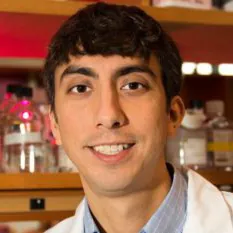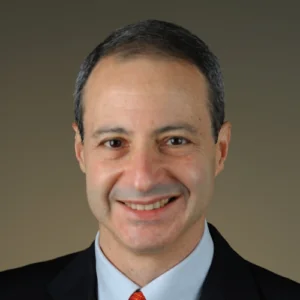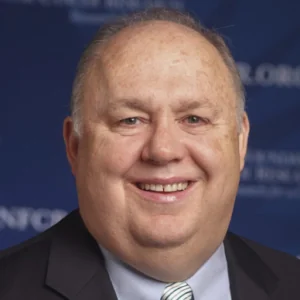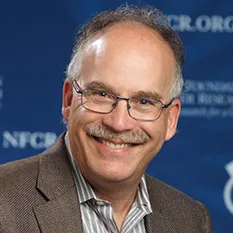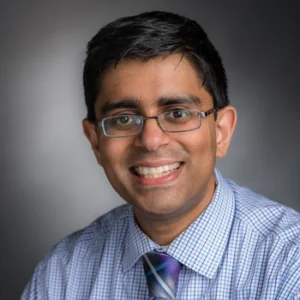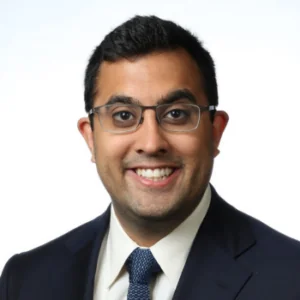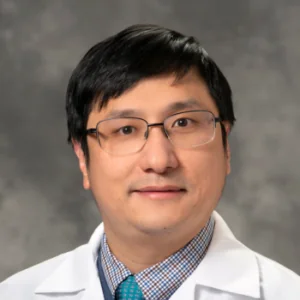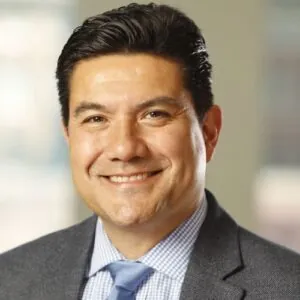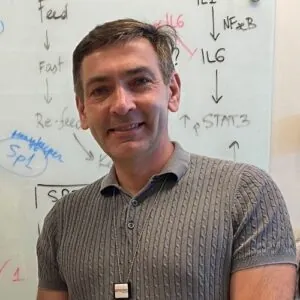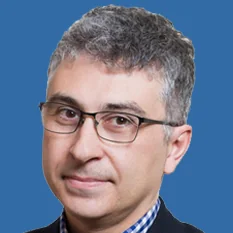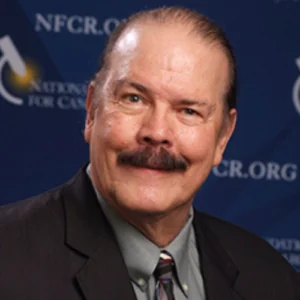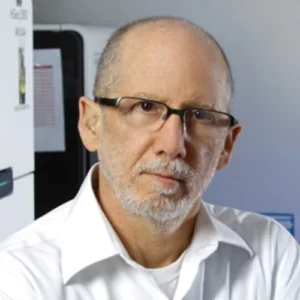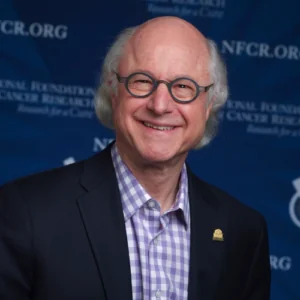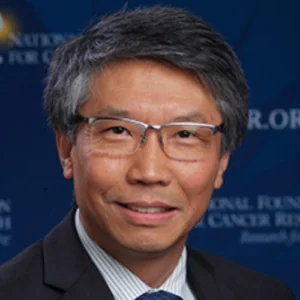Genomics Research & Biomarkers
What is Genomics Research & Biomarkers?
Genomics is the study of the complete genetic makeup of organisms, including gene sequences, structures, functions, and interactions. Cancer genomics aims to identify genetic alterations driving tumorigenesis and affecting treatment responses to develop biomarkers for early detection, prognosis, and therapy selection.
Key areas include mapping genetic mutations, studying gene expression patterns, epigenetic profiling, genome sequencing, and genome-wide association studies linking genetic variants to cancer risk. Biomarkers are measurable indicators of biological states used to guide disease diagnosis, monitoring, and treatment strategies.
NFCR IMPACTS IN GENOMICS RESEARCH & BIOMARKERS RESEARCH
- NFCR funds development of advanced sequencing techniques like single cell RNA-seq to unravel tumor heterogeneity.
- NFCR supports translational research to move newly discovered biomarkers from bench to clinical implementation.
- NFCR’s research grants have enabled studies correlating genomic alterations with treatment response to guide more precise therapeutic selection.
- NFCR provides bridge funding to researchers exploring high-risk, high-reward ideas that could accelerate progress in the field.
NFCR-Supported Researchers Working on Genomics Research & Biomarkers
Lisa Coussens, Ph.D.
Oregon Health & Science University
Elana Fertig, Ph.D
Johns Hopkins University
Sidney Kimmel Comprehensive Cancer Center
Aaron N. Hata, M.D., Ph.D.
Harvard Medical School and
Massachusetts General Hospital
Jessica J. Lin, M.D.
Harvard Medical School and
Massachusetts General Hospital
Teresa Davoli, Ph.D
New York University School of Medicine
J. Silvio Gutkind, Ph.D
University of California San Diego
Danny R. Welch, Ph.D.
University of Kansas Cancer Center
Isidore Rigoutsos, Ph.D.
University Sidney Kimmel Cancer Center
Daniel A. Haber, M.D., Ph.D.
Massachusetts General Hospital Cancer Center
Esther Rheinbay, Ph.D.
Massachusetts General Hospital Cancer Center, Harvard Medical School
Himisha Beltran, M.D.
Dana-Farber Cancer Institute
Harvard Medical School
Srinivas Vaswanathan, M.D., Ph.D.
Associate Professor of Medicine, Harvard Medical School
Ritesh R. Kotecha, M.D.
Memorial Sloan Kettering Cancer Center and Weill Cornell Medicine
Christian Rolfo, M.D., Ph.D.
Associate Director Clinical Research, Center for Thoracic Oncology
Icahn School of Medicine at Mount Sinai
Ling Huang, Ph.D.
Pancreatic Cancer Center,
Henry Ford Cancer Institute
Henry Ford Health System
Aditya Bardia, M.D.
Massachusetts General Hospital & Harvard Medical School
Massimo Cristofanilli, M.D.
Professor of Medicine, Chief of Breast Medical Oncology
Weill Cornell Medicine
Benjamin Drapkin, M.D., Ph.D.
Hematology/Medical Oncology
UT Southwestern Medical Center
Darren Carpizo, M.D., Ph.D.
University of Rochester
Igor Astsaturov, M.D., Ph.D.
Fox Chase Cancer Center
David H. Peng, Ph.D.
The University of Texas MD Anderson Cancer Center
Cesare Spadoni, Ph.D., M.B.A.
University of London
Paul Fisher, M.Ph., Ph.D.
Virginia Commonwealth University
Bert Vogelstein, M.D.
Clayton Professor of Oncology
Co-Director of the Ludwig Center at Johns Hopkins Kimmel Cancer Center
The Johns Hopkins University
Curt I. Civin, M.D.
University of Maryland School of Medicine
Wei Zhang, Ph.D.
Wake Forest Baptist Medical Center
A world without cancer is possible. Help us turn lab breakthroughs into life-saving realities.

5.7 Million+
Donors who have fueled NFCR’s mission

$420 Million+
Invested in high-impact research & programs

36+ Labs & Hundreds of
Nobel Laureates & Key Scientists received NFCR funding, driving breakthrough research




